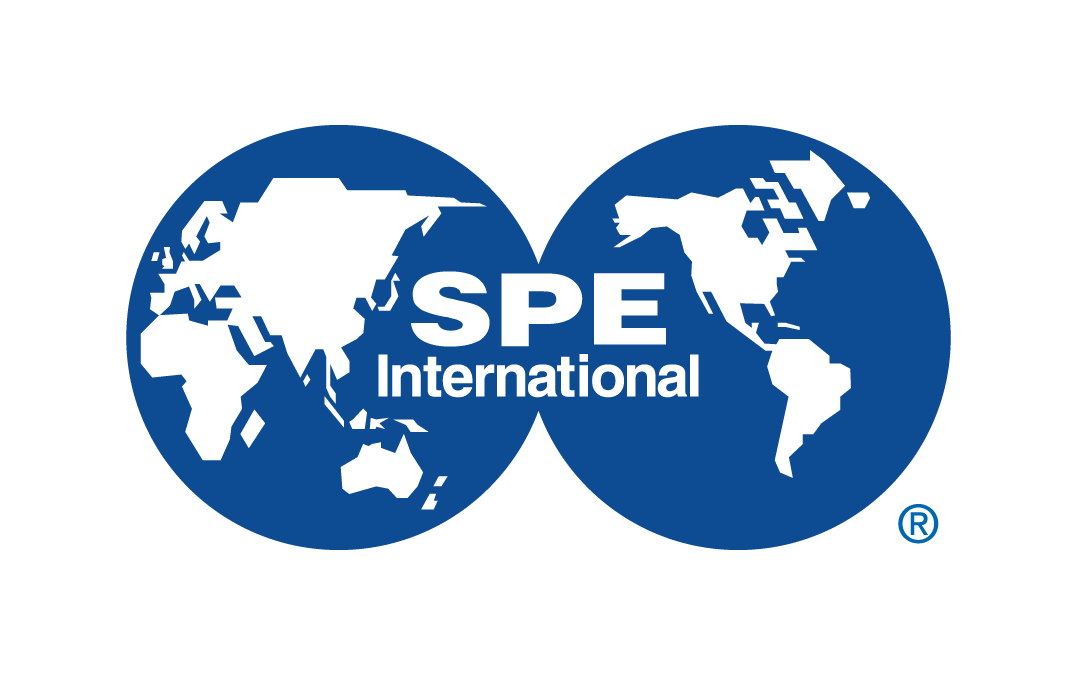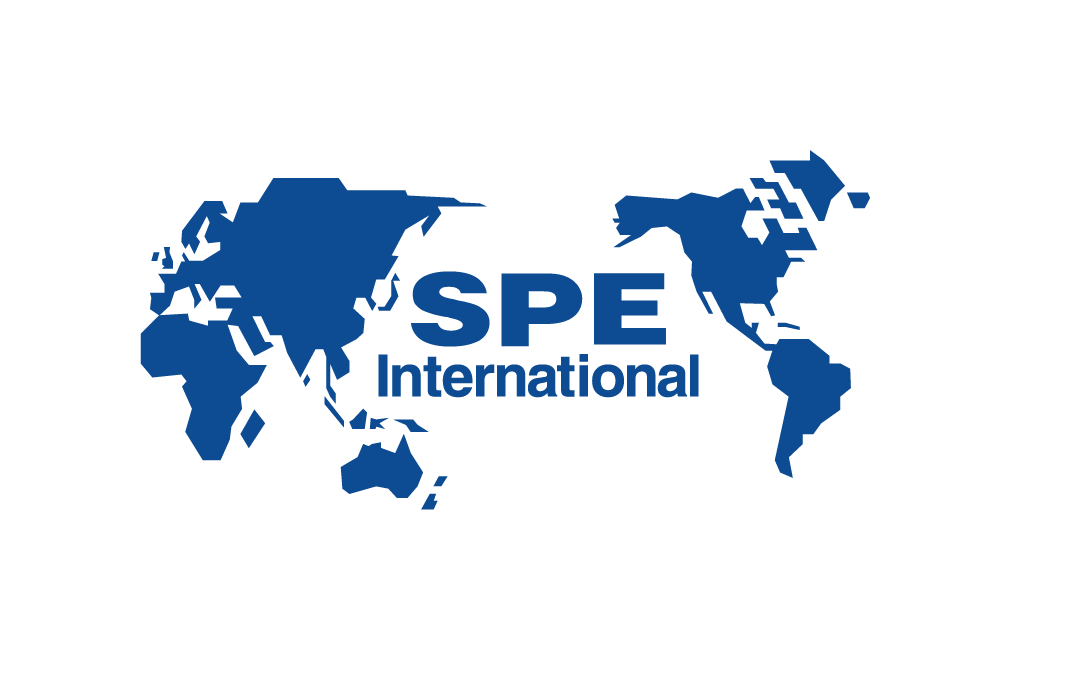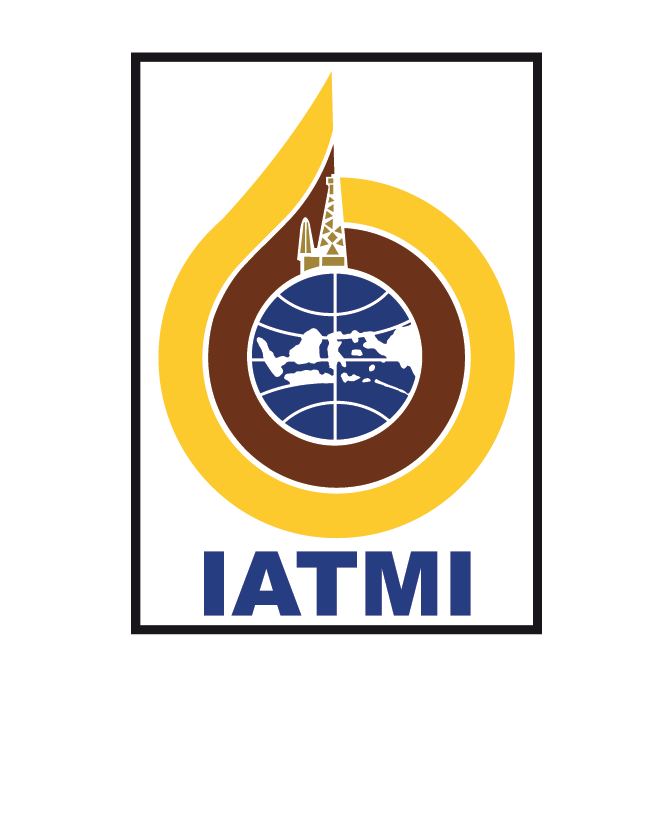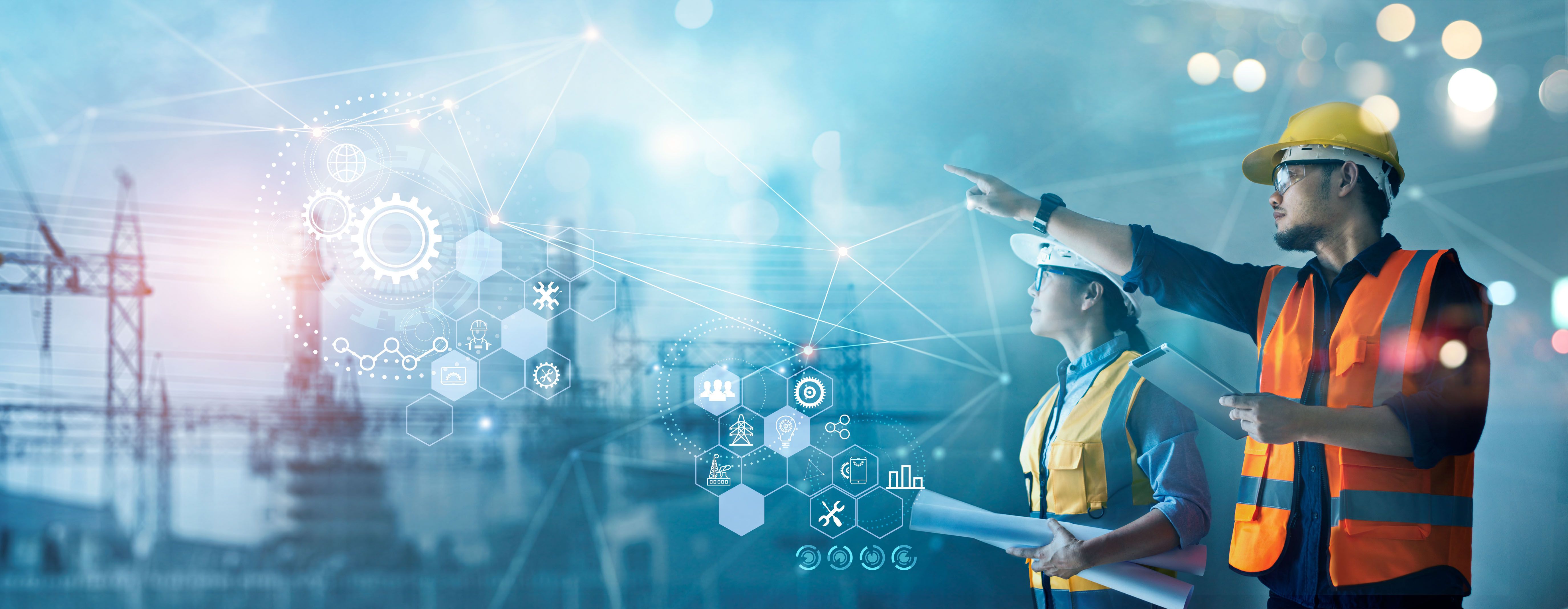The Call for Papers is closed. Authors will be notified of the status of the paper proposals by mid-April 2025, and the manuscript submission deadline will be by 21 July 2025
Technical Categories
Business Management
- Alliance and Partnering
- Business and Commercial Perspectives of ESG Initiatives
- Contracting and Procurement Strategy
- Cost and Schedule Estimation
- Economic Evaluation and Decision Making
- Fiscal Terms
- Hedging
- Insurance
- Market Analysis
- Mergers/Acquisitions
- Opportunity Framing
- Policy and Regulation
- Political Uncertainty, Geopolitics
- Project Management
- Scenarios/Risk Analysis and Management
- Stage Gated Project Approvals
- Supply and Demand Forecast
- Time to Market
- Uncertainties and External Influences
- Value of Information/Decision Frameworks
Carbon Capture, (Utilisation) and Storage (CC(U)S)
- CCS/CCUS and EOR/EGR
- CCS/CCUS and Wells
- Changing Regulatory Environment
- CO2 Capture and Transportation
- CO2 Utilisation
- Commercial Arrangements/Project Financing
- Design for CO2 Injection
- Geological CO2 Storage
- Injection Strategies
- Integrated CCS MMV (Measurement, Monitoring and Verification) Strategies
- Leakages and Integrity
- Legacy Wells
- Policy and Regulations
- R&D & Innovative Technologies
- Safety, Security, Health and Environment
- Storage Resource Management
Data Management, Digitalisation and Artificial Intelligence
- Artificial Intelligence/Machine Learning/Deep Learning
- Cybersecurity
- Data Analytics and Information Management
- Data Mining and Analysis
- Digital Twin Data Management
- Digitalisation Initiative
- Hybrid and Remote Working
- Mobility and Digital Oilfield
Decommissioning and Abandonment
- Barrier Plug Materials
- Cost Estimation
- Decommissioning Technologies
- End of Field Life Management
- Environmental Impact Management
- Facilities Decommissioning
- Hazardous Materials Management
- Liability
- Monetising Decommissioning
- Policy and Regulation
- Remedial Activities
- Subsea Field Abandonment
- Waste Management and Recycling
- Well Abandonment
Drilling and Completions
- Batch Drilling
- Blowout Modelling and Remediation
- Cementing
- Coiled Tubing Drilling
- Cost Estimation and Escalation
- Directional Drilling and Geosteering
- Drill Cuttings Reinjection
- Drilling Automation and Smart Drilling Systems
- Drilling Fluids
- Deepwater Wells
- Horizontal Wells
- HP/HT wells
- Multilateral Technology
- Drilling and Completion Operations
- Safe Work Practice in Drilling
- UBD/MPD
- Well Control
- Well Design
- Well Integrity
- Wellbore Stability/Wellbore Strengthening
Energy Transition Business Management
- Business, Finance and Social Economic
- Carbon Offset Sourcing and Quality
- Carbon Pricing
- Carbon to Products
- Changing Regulatory Environment
- Energy Efficiency
- Energy Infrastructure
- Green Energy Policies and Programmes
- Greenhouse Gas and Climate Change Policies
- Low Carbon Economy Strategies and Governance
- Policies and Strategies
- Sustainability: Environmental Issues and Solutions
- Sustainable Energy Management and Policies
- The Circular Carbon Economy Framework
- The Economics of CCUS
Facilities and Operations
- Automated Field Optimisation
- Contaminants and Inerts
- Corrosion and Erosion
- Cryogenic Applications
- De-Bottlenecking Facilities
- Deliverability and Swing Management
- Emulsion and Solids Management
- Facilities Concepts
- Facility Pipelines
- Fuel Efficiency
- Gas Storage and Transport
- Gas to Liquid Technology
- Hazardous Materials and Waste Management
- Hostile and Remote Environments
- Hydrate Control
- Inspection, Maintenance & Repair
- Liquid Storage and Disposal
- Membrane Separation
- Multiphase Pumping
- Not-Normally-Manned/Unmanned
- Offshore Structures & Equipment
- Onshore Pipeline Transportation
- Onshore Process and Plant Equipment
- Process and Flow Modelling
- Production Optimisation and Management
- Reliability and Integrity
- Syngas Production
- Transportation Technology
- Utilities Equipment
- Water Management/Produced Water Treatment
Field Development and Planning
- Associated Gas Management and Disposal
- Brownfield Rejuvenation and Redevelopment
- Contaminants
- Deepwater Developments
- Dynamic Appraisal
- Economic Evaluation and Decision Making
- Front End Evaluation
- High Pressure High Temperature (HPHT)
- Integrated Reservoir / Asset Development
- Marginal Field Development
- Multidisciplinary Field Development
- Parallel Appraisal/Development
- Phased Developments
- Project Governance
- Project Management (Greenfield and Brownfield)
- Reducing Development Cycle Time
- Regulatory and Approval
- Reserves Estimation and Production Forecasting
- Unconventional Field Development
- Value of Information
Health, Safety, Environment, Security and Risk Management
- Community Development
- Community Engagement
- COVID Management
- Emergency Response
- Environmental Planning
- Environmental Protection and Rehabilitation
- Environmental, Social and Governance (ESG)
- Mental Health Support
- Native/Land Title
- Land Access
- Process Safety
- Regulatory Aspects Risk Management
- Safety Cases
- Security Management
IOR/EOR/EGR
- Chemical Flooding
- EOR/IOR on Conventional and Unconventional Reservoirs
- Fast Tracking EOR Implementation
- Field Implementation, Surface Facilities and HSE Challenges
- Gas Injection/CO2 Flooding
- Gas Pressure Maintenance
- Miscible Methods
- Near Well Bore IOR
- Reservoir Management
- Sweep Improvement and Profile Modification
- Thermal Methods
- Waterflooding/WAG
Knowledge Retention and Human Capital
- Collaborative Environment
- Competency Measurement and Development
- Corporate Knowledge Retention and Monetisation
- Diversity, Equity and Inclusion
- Experience Gap
- Human Resource Market Intelligence
- Knowledge Sharing
- Leadership and Management
- Mentoring and Coaching
- Outsourcing
- Recruitment
- Remuneration
- Succession Planning
- Training and Development
- Workplace/Environment
- Young Professionals (YP’s)
Subsea Systems
- Control Systems and Data Transmission
- Deepwater Systems
- Flow Assurance
- Hydrate Control
- Light Well Intervention
- Production Management
- Subsea Compression
- Subsea Inspections and Maintenance
- Subsea Pipelines and Trunklines
- Subsea Processing
- Subsea Production Chemicals
- Subsea Technology/Development
- Subsea Tieback Technology
- Subsea Umbilicals, Flowlines and Risers
- Subsea Wellheads
- Workovers and Interventions
Subsurface Characterisation, Modelling and Simulation
- By Passed Pay Identification
- Chemical Tracers
- Core Analysis (RCA & SCA)
- Dynamic Modelling
- Fluid Dynamics
- Fluid Properties and Sampling
- Formation Damage
- Geochemistry
- Geomechanics
- Petrophysics and Formation Evaluation
- Phase Behaviour
- Pore Pressure Prediction
- Relative Permeability
- Residual Oil and Gas Saturations
- Sedimentology and Depositional Modelling
- Seismic Acquisition and Processing
- Static Modelling
- Well Monitoring
Unconventional Resources
- Exploration Potential
- Coal Seam Gas/Coal Bed Methane
- Flowback and Post Flow Modelling in Tight Reservoir
- Formation Testing
- Fractured Basement
- Gas Hydrates
- Hydraulic Fracturing
- Naturally Occurring Hydrogen
- Production Data Analysis in Unconventional Reservoirs (PDA)
- Shale Gas/Oil
- Tight Gas/Oil
- Underground Coal Gasification
Well Systems and Production Technology
- Artificial Lift
- Coiled Tubing Operations
- Complex Completions
- Corrosion and Oilfield Chemistry
- Fibre Optic Technologies
- Field Operations and Well Operations
- Flow Assurance
- Gas injection
- Hydraulic Fracturing
- Hydraulic Modelling/Simulation
- Inflow Control Devices/Valves
- Multilateral Technology
- Open Hole Completions
- Production Chemicals
- Sand Control and Gravel Packing
- Smart Wells/Intelligent Completion
- Thru-Tubing Intervention
- Tubulars
- Water Injection, Water Disposal
- Well Integrity
- Well Monitoring
- Well Stimulation
- Workovers and Interventions
Why Submit Your Abstract?
- Raise your profile amongst industry peers
- Showcase your technical expertise and achievements
- Opportunity to publish your technical paper on OnePetro, the online library of technical literature for the oil and gas industry
- Network with the participants from various countries
Submission Information
A proper review of your paper proposal requires that it contains adequate information on which to make a judgment. Download our instruction guide to assist you in preparing your paper proposal.
The paper proposal should have the necessary clearance before being submitted to APCC 2025. Prospective authors should advise of any clearance problems when submitting the paper proposal. Learn more about conference proposals and papers.
Additional Information
Paper Proposal Information
Please note that abstract submissions should be formatted into four (4) specific paragraphs:
- Objectives/Scope: Please list the objectives and/or scope of the proposed paper. (25-75 words)
- Methods, Procedures, Process: Briefly explain your overall approach, including your methods, procedures and process. (75-100 words)
- Results, Observations, Conclusions: Please describe the results, observations and conclusions of the proposed paper. (100-200 words)
- Novel/Additive Information: Please explain how this paper will present novel (new) or additive information to the existing body of literature that can be of benefit to and/or add to the state of knowledge in the petroleum industry. (25-75 words)
The following guidelines apply:
- DO NOT include title or author information in your abstract
- Word Minimum: 225
- Word Maximum: 450
ORCiD ID
SPE is adopting ORCiD (Open Researcher and Contributer ID), a widely accepted unique identifier for authors, giving them control over their content and eliminating ambiguities. All SPE authors will be required to have an ORCiD.
Anyone can register an ORCiD ID for themselves for free using a simple online registration form on the orcid.org website. The initial process takes less than 2 minutes. Once created SPE members can also add their ORCiD iD to their SPE member profile.
If you already have an ORCiD ID, please add it to your SPE Member/Customer Profile. Login to SPE.org and update your profile today!
General Guidelines
- Obtain the necessary clearance from your management, your partners, and customers BEFORE submission
- Authors whose paper proposals are accepted will be required to provide a manuscript for inclusion in the conference proceedings.
- Authors who do not submit a manuscript and the associated publication forms by the manuscript due date will be withdrawn from the program and will not be allowed to present per SPE’s No Paper, No Podium policy
- If accepted, your paper proposal may be published, as submitted, in conference information media, including on the SPE website.
- An agreement to present a paper at this SPE conference carries an obligation to participate in the event. Please review SPE's Author Guidelines for Papers.






